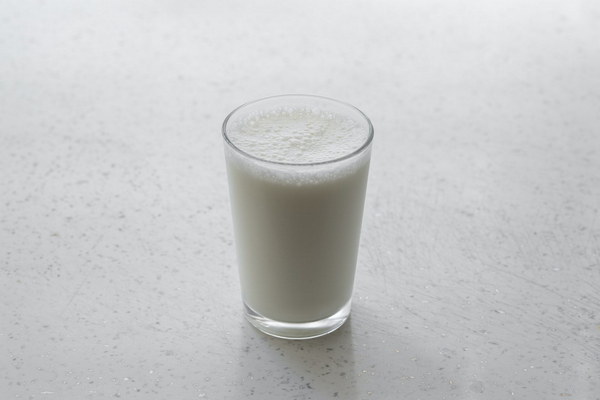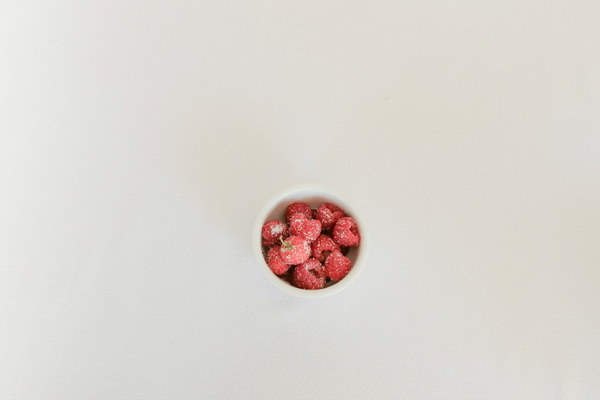Does Tanning Help Fight Against Aging Unveiling the Truth Behind the Tan
Introduction:
The sun has long been a topic of debate when it comes to skin care. While many of us are aware of the risks associated with excessive sun exposure, such as skin cancer and premature aging, there is a growing interest in the potential benefits of getting a tan. Can tanning actually help fight against aging? Let's dive into the science behind this question and uncover the truth.

The Science of Tanning:
When your skin is exposed to the sun's ultraviolet (UV) rays, it produces melanin, the pigment responsible for giving your skin its tan. Melanin acts as a natural sunscreen, protecting your skin from further damage. So, in a way, tanning can be seen as a protective mechanism.
1. Increased Collagen Production:
One of the primary reasons why tanning is believed to have anti-aging properties is due to the increase in collagen production. Collagen is a protein that provides structure and elasticity to the skin. When your skin is exposed to UV rays, it stimulates the production of collagen, which can help reduce the appearance of wrinkles and fine lines.
2. Vitamin D Synthesis:
Another benefit of tanning is the synthesis of vitamin D, which is essential for healthy skin. Vitamin D plays a crucial role in the regulation of cell growth, differentiation, and the immune system. Adequate vitamin D levels can contribute to healthy skin, reducing the risk of skin conditions such as psoriasis and eczema.
3. Improved Mood and Sleep:
Tanning can also have psychological benefits, such as improved mood and sleep. The release of endorphins, a feel-good hormone, during sun exposure can lead to a more positive outlook on life. Moreover, sunlight exposure during the day can help regulate your circadian rhythm, leading to better sleep quality.
However, it's important to note that the benefits of tanning are dose-dependent. Excessive sun exposure can lead to the following drawbacks:
1. Premature Aging:
Contrary to the belief that tanning can prevent aging, excessive UV exposure can accelerate the aging process. It can cause skin damage, such as wrinkles, age spots, and leathery texture, making your skin look older than it actually is.
2. Increased Risk of Skin Cancer:
The most significant risk of excessive sun exposure is the increased likelihood of developing skin cancer. UV rays can damage the DNA in skin cells, leading to mutations that can result in cancerous growths.
3. Immune System Suppression:
Overexposure to the sun can weaken your immune system, making it more difficult for your body to fight off infections and diseases.
Conclusion:
While tanning can provide some benefits, such as increased collagen production and vitamin D synthesis, it is crucial to balance these benefits with the risks. Moderation is key. Protect your skin by using sunscreen, seeking shade during peak sun hours, and consulting with a dermatologist if you have concerns about your skin's health. Remember, a tan may not always be a sign of good health, and excessive sun exposure can have long-term consequences.









